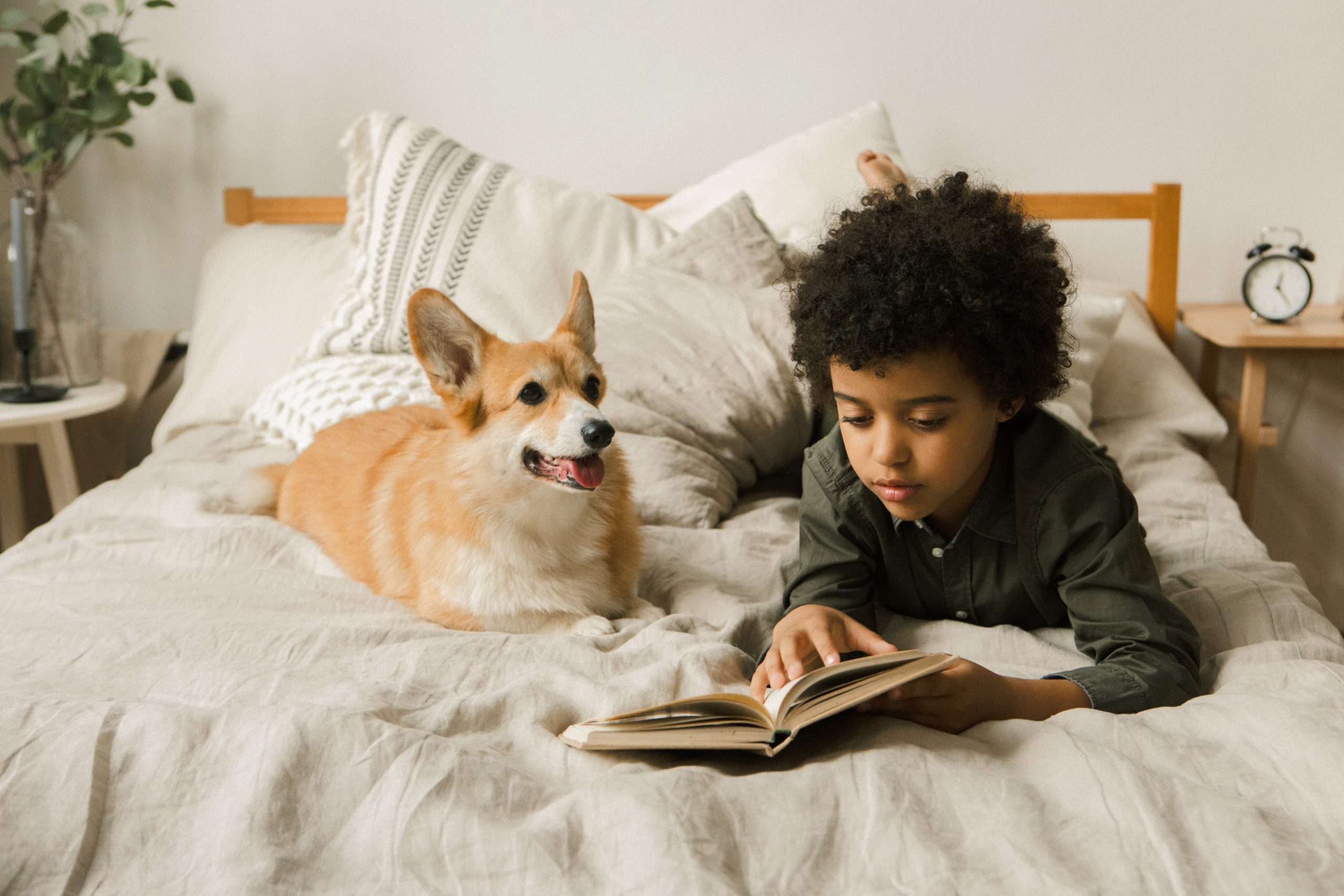
As children transition from infants to toddlers and preschoolers, they develop intellectually, physically, socially, and emotionally. Though growth and development rates differ in each child due to factors such as genetics and environment, there are general milestones that toddlers should hit.
Books and toys are integral to this developmental stage as the child develops autonomy from their primary caregivers and gains some skills. For example, toddlers learn gross and fine motor skills, sensory and language development, and social skills. Read on to see how books and toys differ in child development.
Toys
Toddlers like to play and explore, and toys are the perfect instruments to encourage them in this exploration. Toys, games, and puzzles are exciting to use, which gives much joy as they learn the following skills:
Motor Skills
Gross motor skills include walking, climbing, and running, while fine motor skills involve drawing and feeding. Toys are ideal for improving a child’s physical abilities, such as hand-eye coordination when stringing beads. When a child dresses their doll, they exercise their sense of touch and sight.
Activities like riding a bike help them with coordination and balance. Toys encourage toddlers to use their hands and feet as a form of exposure as they push, pull, stack and create, while sounds and colors make a learning experience.
Emotional Development
Toddlers experience their power when they learn cause and effect in toys. For example, they could drop a toy or hit it hard to see the reaction. Children learn to express emotions during role play because they formulate fantastical worlds full of abstract ideas. They achieve satisfaction when they complete tasks like a puzzle or stacking cubes. Toys extend child’s creativity and imagination when they create designs.
Cognitive Development
Using board games and musical toys stimulates a child’s concentration and enhance memory and attention span. Toddlers learn to think by using their senses to explore a toy. For example, creative thinking and problem-solving skills come up when they try to assemble blocks or sticks to create shapes. Classifying objects according to their forms, color, or size and identifying colors and shapes are essential for cognitive growth.
Social Development
Social skills in toddlers help them understand society by inviting them to interact with playmates or adults. Human interaction during play creates better experiences and firm bonds for toddlers. They learn cooperation, sharing, respect, and discipline without losing focus on the game. Being careful with toys and returning them after use teaches responsibility.
Books
Books for toddlers set the foundation of language skills essential when transitioning to independent reading and expressing themselves. Since toddlers cannot read by themselves yet, reading out loud to them and exploring books together is ideal because they hear the language and learn:
- The letters of the alphabet
- That words comprise fewer sounds
- A great vocabulary and how to use them
- That marks on books represent letters and words
Toddlers have a short attention span, so read whatever they ask for, read slowly and expressively for understanding. Books create a bond between a toddler and their reader. They are interactive and call the child to think, thus expanding their conscious mind.
Books introduce a child to a different world which matures their critical thinking, expanding their imagination and stimulating their sensory awareness. Seeing, hearing, feeling, and tasting in their minds stirs creativity. Imagination ushers an experience in their mind before it manifests in real life.
Toddlers reinforce their self-confidence by gaining a deeper understanding of who they are when they relate themselves to characters in their books. Kids see different perspectives of people and the world, a stepping stone towards empathy and building connections. Moreover, books help children to understand the difference between right and wrong, good and evil. They give a moral guide and shape a toddler’s values.
Toddlers experience different social and cultural settings when reading books. They learn about other countries, their people and customs. It is a great way to introduce learning about history, science, math, and religion. Books are entertaining and are a good source of laughs and giggles from your little one.
Hey welcome to my blog . I am a modern women who love to share any tips on lifestyle, health, travel. Hope you join me in this journey!

Speak Your Mind